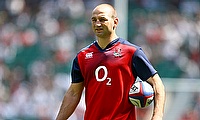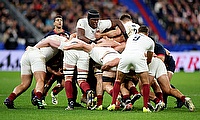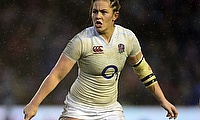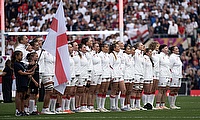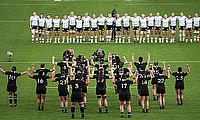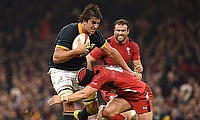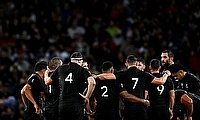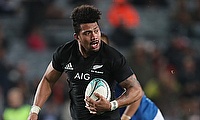Boks, England can break the All Black code
The Springboks came as close as anyone has in a while to toppling the almighty All Blacks in New Zealand on Saturday as they eventually went down 14-10 in Wellington.
It was an epic encounter between the world’s number one and two that had speed, skill, power and precision. It is not often that you see that amount of bloody commitment, mixed with real all-round ball skills in a test match that lived up to its billing.
The All Blacks proved once again what a magnificent team they are by closing out a nail-biter of a fixture on the weekend. New Zealand have a real metal about them, are extremely difficult to beat and will be heavy favourites heading into the Rugby World Cup next year.
The All Blacks have become brilliant at closing out tight fixtures and grinding out win after win under pressure. The Springboks made critical errors at crucial times, which ultimately lead to their demise on Saturday.
The Boks attacked the breakdown and forced New Zealand to send more numbers in to secure their ball. More personnel at the breakdown meant less numbers in attack, which made New Zealand’s attack manageable for the Boks. The Springbok loose forwards; Louw, Coetzee and the immense Vermeulen wrecked havoc at the breakdown, which allowed the South Africans to stem New Zealand’s momentum.
The Boks adopted an ‘in your face’, combative style of rugby, which yielded positive results on Saturday. The South Africans were competitive for full duration of the fixture, which comes as a change to last year.
The All Blacks have not been put under real pressure when they have ball in hand. The Boks showed what can be done when you halt New Zealand’s momentum. Perhaps it may be worth teams adopting a quicker line speed and perhaps even rush defence in certain phases of play. The All Blacks are extremely comfortable with ball in hand and something can and needs to be done to upset this.
The Springboks seem to have bridged the fitness gap between them and the All Blacks. The Boks were able to last the 80 minutes in Wellington, however the real test will come when they play New Zealand on the highveld at Ellis Park in Johannesburg.
Last year, at the same venue the Boks fell well off the pace against New Zealand from the 60-minute mark. It is believed that the Springboks have made an enormous effort to become a fitter team that lasts the distance against New Zealand. The All Blacks accused the Boks of trying to slow the pace of the game, although there was no mention of this in commentary.
The Springboks showed how the All Blacks can be defeated but just never quite got over the line. This might be of particular interest to England fans. The English team might be the only other team capable of replicating a performance like this.
England can be combative and physical, but they will need to be slightly more direct on attack as well as adding more pace and skill to their game if they are to topple the All Blacks. England will need to take on the All Blacks from the first minute and outlast them in the fixture, with hard tough, rough rugby. England have the physical ability, but they will need to back that up with guile if they are to topple this awesome All Black unit.
Refereeing
Finally, refereeing has been atrocious throughout this year. Super Rugby standards only seem to have filtered into the international game. Some fixtures have become farcical due to just plain bad refereeing and, Jerome Garces only contributed to this.
Garces heavily influenced scrum time on Saturday despite having two teams willing to scrum accurately and fairly. Both teams scrummed well and to be blunt, he was not good enough to referee it.
Garces also penalised the Boks once for going off their feet at the breakdown. New Zealand repeated that offense at least a couple of times in the 80 minutes and went unsanctioned. Referees need to be thoughtful of what they decide to penalise in fixtures especially at the top level, as well as paying attention to what both teams are trying to do.
Do referees pay enough attention to contrasting styles when they referee top international fixtures? What do you think?

